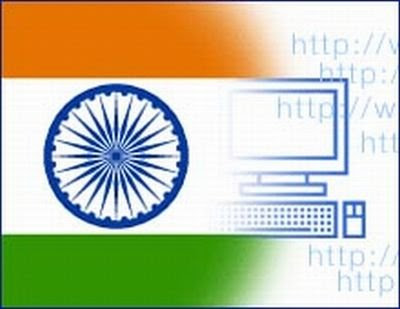

YouTube was recently reported as having removed world cup cricket video clips after the ICC accused it of copyright infringement. In the brief report, Pavan Duggal was reported as having said that “under Section 79, IT Act, network service providers (like Google, You Tube) shall be liable for all third party data or information made available.” The statement may be a mis-quote or a mistake of law. In either event, section 79 of the IT Act actually states the exact opposite:
79. Network service providers not to be liable in certain cases. For the removal of doubts, it is hereby declared that no person providing any service as a network service provider shall be liable under this Act, rules or regulations made thereunder for any third party information or data made available by him if he proves that the offence or contravention was committed without his knowledge or that he had exercised all due diligence to prevent the commission of such offence or contravention.
Explanation.- For the purposes of this section,-
(a) “network service provider” means an intermediary;
(b) “third party information” means any information dealt with by a network service provider in his capacity as an intermediary;
The only way that an intermediary such as YouTube can be made liable is if it is unable to prove that the offence was committed without it’s knowledge, or if it can be shown that the intermediary refused to remove the infringing materials after the infringement was brought to its notice. In YouTube’s case, since the materials were removed by YouTube, it would in all likelihood be shielded by section 79 of the IT Act.

It may be worth discussing whether section 79 applies at all to such a case, since the section is limited to offences/acts under the IT Act. Since the IT Act does not cover intellectual property issues, it could be argued that section 79 does not apply to IP cases.
Therefore, one has to look to the Indian Copyright Act to determine if the contributory infringement sections embodied therein apply. Section 63 makes the knowing abetting of copyright infringement a criminal offence. However since this section is penal in nature and provides for imprisonment/ fine, the standard of proof would be an extremely high one. I’m not sure that youtube would be liable under this.
Secondly, section 51 (a) (ii) stipulates that “permitting for proift any place to be used for communicaiton of the work to the public” is an infringement. It remains to be seen whether a court is likely to interpret place to mean “virtual space” as well.